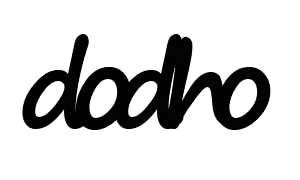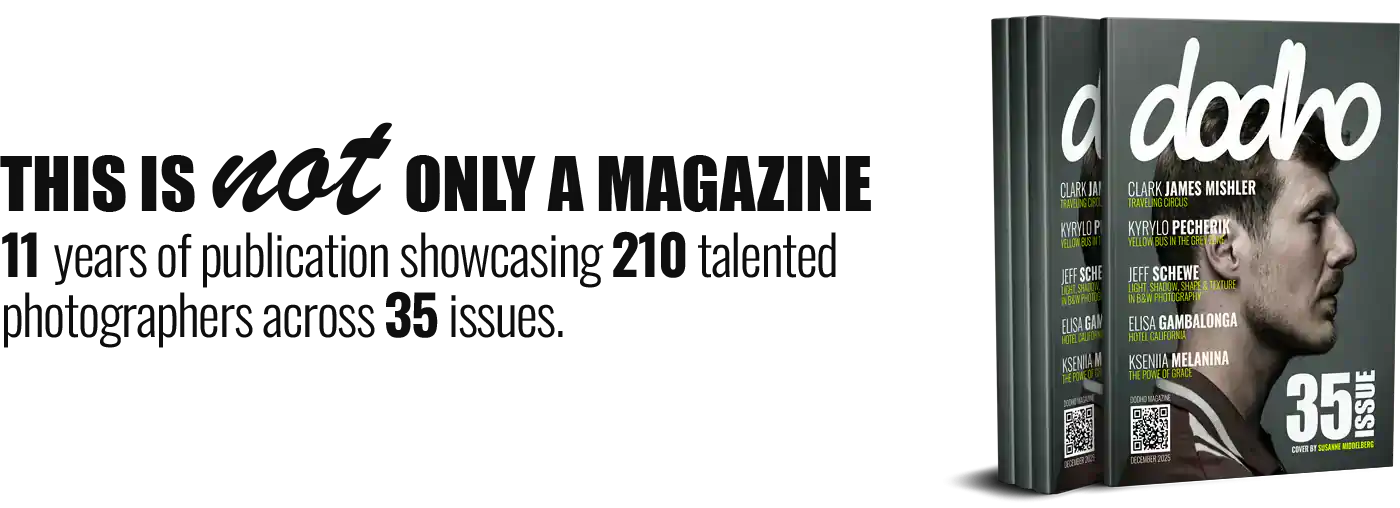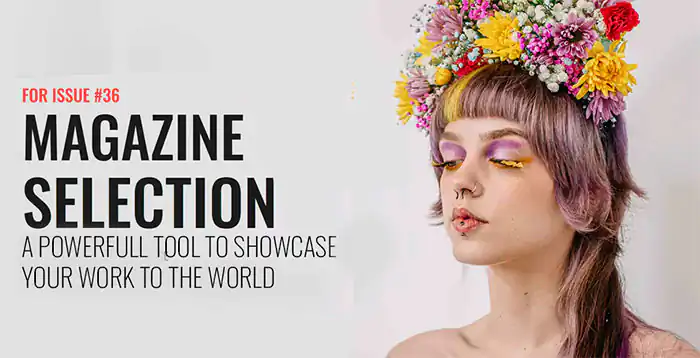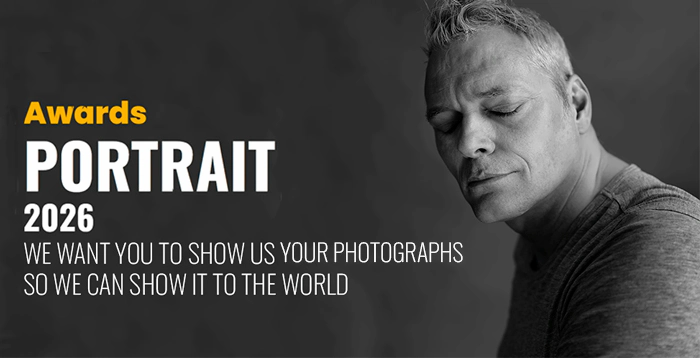What does it mean to be a photographer when everything seems to have already been seen?
When images lose weight in the endless stream of digital content, what remains of authorship, intention, and silence?
This series opens a space for dialogue with photographers who reflect, each in their own way, on the challenges and paradoxes of practicing photography today. In this conversation, Florence Gallez shares her views on visibility, creative urgency, and the place of slowness and introspection in an accelerated visual culture.
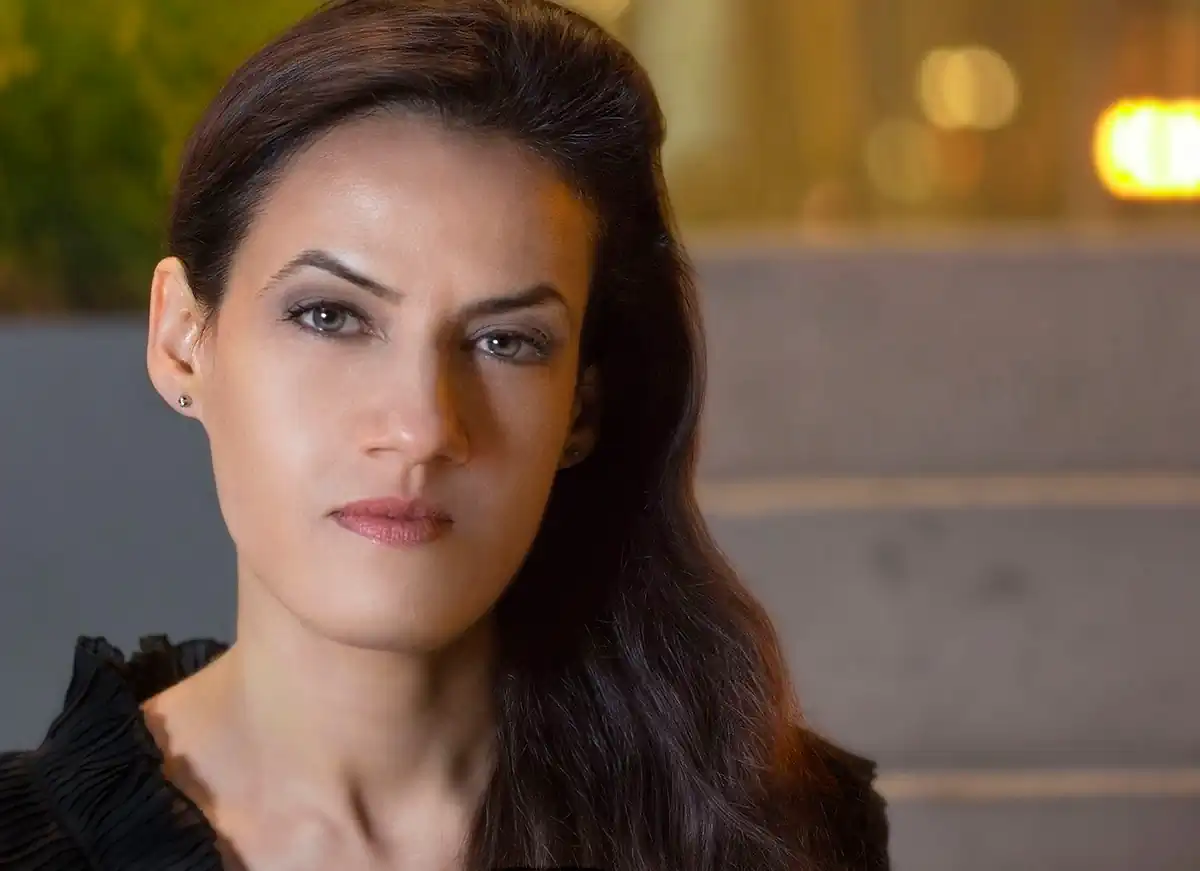
Florence Gallez is a black-and-white photographer and independent documentary photojournalist originally from Brussels, now living in Montreal. With a master’s degree in media studies from MIT, she began her career with eight years as a journalist in Moscow before dedicating another eight years to photojournalism in Paris. Her work focuses on social issues, often highlighting the lives of women and children facing adversity. In Montreal, she continues to pursue personal documentary projects while contributing local and international news coverage to the American photo agency Polaris Images and the Russian agency Sputnik/Rossiya Segodnya. Her photography aims to shed light on overlooked realities and give voice to those living on the margins. [Official Website]
What is the point of taking a photograph today when millions of similar ones already exist?
At first sight, these millions of photographs may look similar, but as photographers we all have our unique perspective. A photograph is always the representation of an individual’s own, singular point of view, focus of interest, and even soul, whether he/she is conscious of this or not. So this abundance of photographs only adds to the wealth of diverse views of our world.
Do you feel more inspired or overwhelmed by the daily flood of circulating images?
I find my inspiration mostly within (i.e. I follow what my heart/inner voice tells me), but when I do look around and at other people’s work, I am very selective. It takes a bit of discipline initially to cut out ‘the noise’ (what I have identified as distractions from my main interests), but on the whole I am grateful for the incredible diversity of images and international talents we have easily access to nowadays. They do inspire me more than overwhelm me for sure.
How do you make your work stand out amid global visual noise?
I publish some of my photographs on my own professional website, social media, and in a few photography online publications, I have had a couple of group exhibits and a solo one, and I take part in photography competitions, but other than that I don’t seek to make my work stand out in any forceful way. I just shoot, release the images, and then let them work their magic (or lack thereof) on their own. I never chase or force anything, if public interest is meant to be, it twill come on its own. The Universe never fails to deliver.
Has image saturation changed the way you look at things?
Not at all. As I mentioned earlier, I listen to my own internal voice to make decisions on what to photograph, from which angle, which themes to pursue, etc. This is what guides my work, I trust it.
Do you think we still look attentively or are we just scanning with our eyes?
This is a very individual preference. Personally I would decide on this on a case-by-case basis, depending on the subject at hand, its urgency, its relevance, its interest for us. I also think that one way doesn’t prevent the other ; a mix of both depending on the situation seems ideal to me, and I think that this is probably what is happening, you will find both people who look attentively and who scan quickly, it’s a big wide world.
How does the algorithm influence your decision on which images to share or show?
I haven’t studied all the complexities and processes of algorithm, but I would say it doesn’t influence any decisions I make. Still referring to my inner voice as my guide, I just publish my images on my selected sites, and trust they will reach the eyes that are meant for them. I am content they are out there and trust they will reach their meant audience. I don’t seek any kind of fame or even a specific audience or followers. This might be related to the fact that I am mostly interested in the act of photographing ; once I have photographed a topic or scene, I get quickly tired of it and I am impatient to move on to what attracts my eye next, so the whole sharing/publishing part is a bit tiresome for me. I prefer releasing quickly and let the images live their life and gain traction on their own.
How does the “like” culture affect your self-esteem or your perception of your work’s value?
It doesn’t affect anything. To refer again to following only my own heart as a photographer, I am guided only by what attracts my eyes and soul, so I don’t pay attention to these trends. Also, I don’t seek anything from my audience. I let it be completely free to like or dislike my work. I value freedom and independence the most, both for myself and others/my audience. So any response or no response if fine with me.
Do you feel pressured to produce more images than you truly need to create?
I have often been described as a perfectionist, and it’s true that I sometimes come back from a shoot with thousands of photos. But then, it’s also amidst the thousands that you can find a gem (i.e. the shot, angle that I needed, or an unexpectedly aesthetic image). So I wouldn’t say my zeal comes from external pressure, but more from my own inner drive to stay longer with the moment I am photographing ‘just in case’ or just because I feel ‘in the zone’ and have lost all sense of time. In conclusion, I will quote what King Lear told his daughters in Act II, Scene 4 : « Reason not the need ! », and place a higher value on my creative freedom than on concerns with practical requirements.
What scares you more: audience indifference or algorithmic indifference?
Neither. I follow my own voice and path, and I feel confident and at peace with my choices when selecting my subjects, photographing, editing, etc., so external responses don’t really affect me.
What do you hope will change, for better or worse, in the world of photography in the coming years?
I wish for more ethical conduct in photojournalism specifically, with more respect for codes of ethics and individual skills and talents, rather than for personal interests, friendships, and affiliations in the field. The ‘It is who you know’ mindset is rampant in this industry and is affecting decision-making at all levels.
I also hope individual photographers won’t fear to be truly independent in their soul, will trust their instincts and vision, and will not let themselves be swayed and scared by trends, agendas, news headlines, social media, AI, and algorithms, and any ambiant noise in their immediate reality. But this is something I wish we all did, so in the end it is a collaborative effort.
